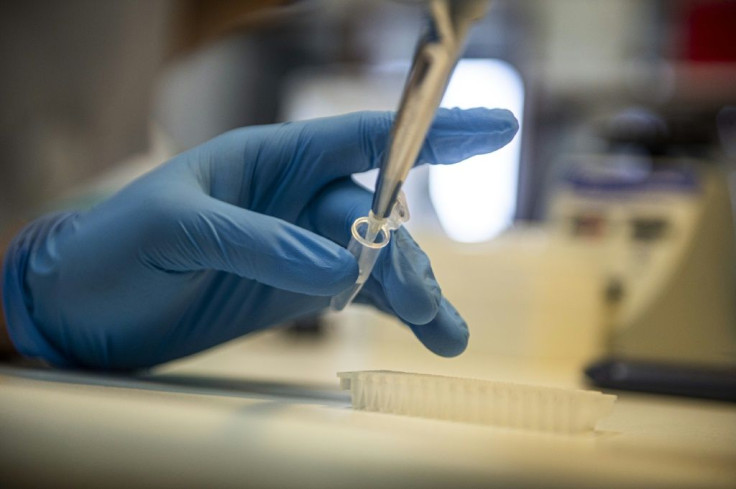What Is The 'Nocebo Effect?' Negative Placebo Effect To Blame For COVID-19 Vaccine Side Effects
The “nocebo effect” is a negative form of the placebo effect caused by an expected negative reaction to the COVID-19 vaccine that turns into manifesting those symptoms, according to a study released on Tuesday.
JAMA Network Open, a medical journal, published the study which was conducted by researchers from Beth Israel Deaconess Medical Center (BIDMC). The study, “Frequency of Adverse Events in the Placebo Arms of COVID-19 Vaccine Trials,” describes the “nocebo effect” as adverse effects experienced by trial participants who received a placebo vaccine, an injection of saline instead of the COVID-19 vaccine.
“The ratio between placebo and vaccine arms showed nocebo responses accounted for 76% of systemic [adverse effects] after the first COVID-19 vaccine dose and for 51.8% after the second dose,” the study reads.
Adverse effects often reported were headaches and fatigue, which are described as “non-specific symptoms” that could be caused by a variety of reasons and are perhaps not related to the COVID-19 vaccine. The study also noted these symptoms to be “nocebo” sensitive.
“Evidence suggests that [information about non-specific vaccine side effects] may cause people to misattribute common daily background sensations as arising from the vaccine or cause anxiety and worry that make people hyper alert to bodily feelings about adverse events,” Ted J. Kaptuchuk, director of the Program in Placebo Studies and Therapeutic Encounter at BIDMC and a Harvard professor, said.

However, the study clarifies that more adverse effects from the vaccine were reported in those participants who received a dose of the COVID-19 vaccine rather than the saline placebo. Regardless, it is important to consider potential side effects of the vaccine that are manifested rather than caused by the COVID-19 vaccine, especially important for those in healthcare spaces.
“The rates of reported [adverse effects] in the placebo arms were still substantial,” the study concludes.
Vaccine hesitancy could also be caused by news articles that hone in on the adverse effects of COVID-19 vaccines. To combat this, informing people about potential “nocebo” effects could help reduce vaccine resistance.
“Collecting systematic evidence regarding these nocebo responses in vaccine trials is important for COVID-19 vaccination worldwide, especially because concern about side effects is reported to be a reason for vaccine hesitancy,” said Julia W. Hass, an investigator in the Program in Placebo Studies at BIDMC.
© Copyright IBTimes 2024. All rights reserved.




















